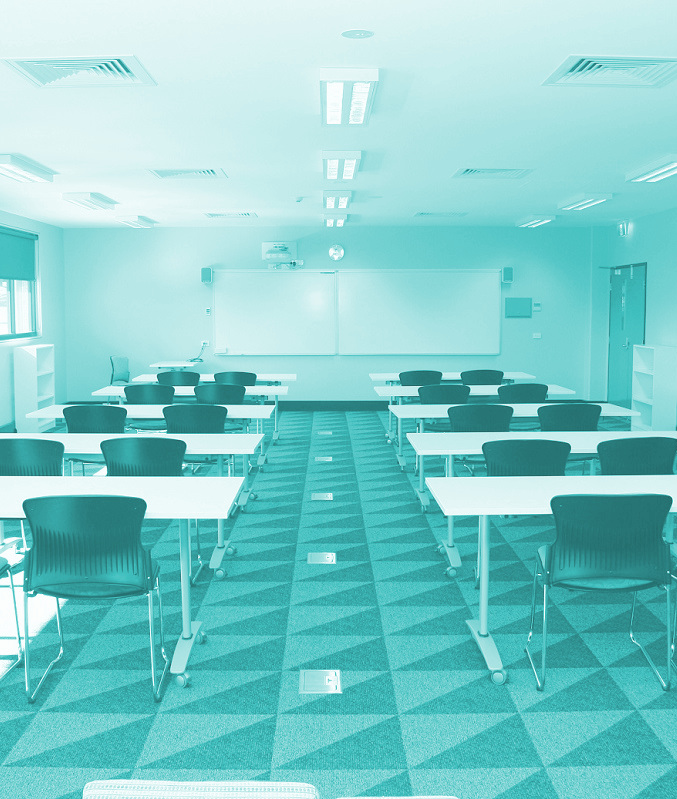Unis battle tech cheats

Academic integrity researcher Cath Ellis has found that the bulk of students who cheat do so during old-fashioned, supervised exams.
“The trust that people put in the integrity of invigilated exams may be misplaced,” she said.
Associate Professor Ellis led a recent study that found close to 6 per cent of over 14,000 university students surveyed admitted to cheating.
More than half of the cheaters said they did so by providing help with exams, while 41 per cent said they received help. Around 8 per cent of those who admitted to cheating had taken an exam for someone else, while 4.2 per cent admitted someone else had done their exam.
“This research showed that exam cheating remains the most common type of contract cheating behaviour to which students admit,” Dr Ellis said.
It most often involves payments through professional cheating services.
Universities are beginning to roll out expensive new software that monitors individual students through cameras and keyboards while they sit exams. Some versions can even track students’ eye movements.
Meanwhile, the federal government is establishing a $3.9 million integrity unit in the Tertiary Education Quality and Standards Agency (TEQSA), backed by new legislation to block access to cheating websites using court injunctions.
Associate Professor Ellis says the COVID-19 pandemic is forcing universities to find new ways of examining students.
“The real challenge we are facing is what can we do to replace exams,” she said.
“I do appreciate there is a need for them in some circumstances. Whether we over-rely on them as an assessment technique is a valid question for us to ask ourselves.
“I think that there are cleverer more authentic ways to assess student learning and that is where a lot of universities are putting their efforts.”








 Print
Print